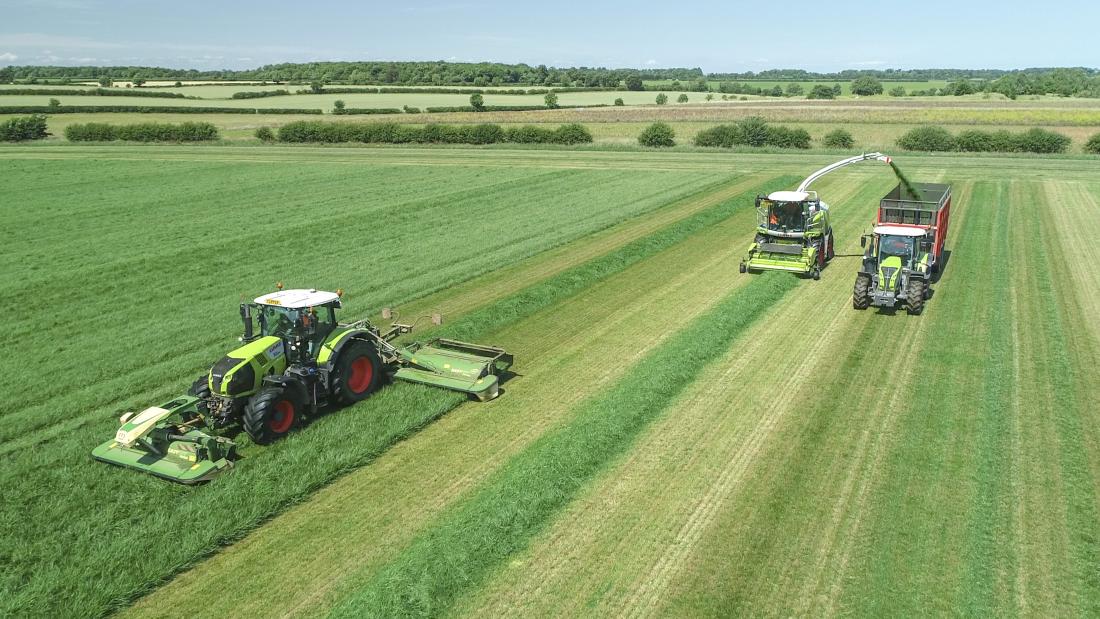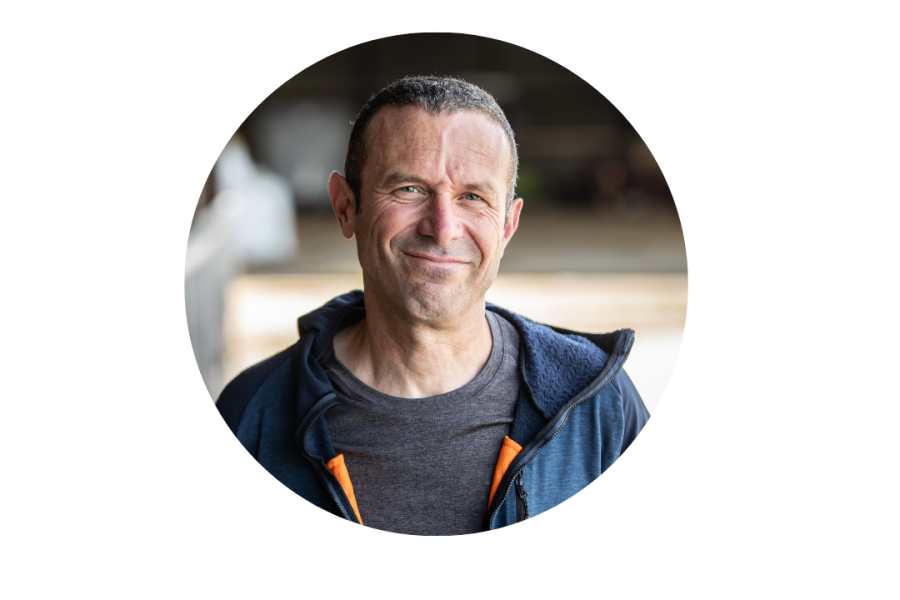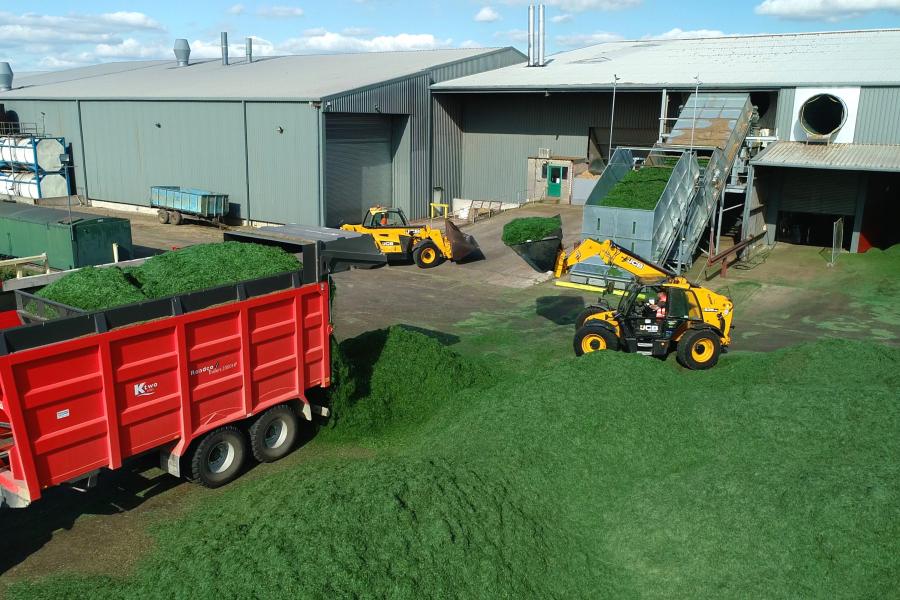As experts in research and innovation around biobased technologies, this is where Bangor University’s Biocomposites Centre stepped in:
“We’ve worked with the Blankney Estates since 2007 on various projects related to how we can add value to the grass they grow. We are now very pleased to be extending this relationship thanks to funding from DEFRA through Innovate UK’s Farming Innovation Programme, to assess the functionality of the grass wax as a novel biocontrol system using a combination of greenhouse and field trials.”
explains Dr Adam Charlton of Bangor University’s Biocomposites Centre.
The main treatment and control option for late potato blight involves regular application of antifungal chemicals, but the Phytophthora infestans organism is now resistant to most synthetic fungicides, and there are currently very few options to replace these, many of which are being phased out from use because of environmental considerations.
The other challenge is that when used in excess, synthetic fungicides are a hazard to plant, animal and human health and can have a negative impact on ecosystems through their accumulation in soils and watercourses.
It has been reported that up to 20% of greenhouse gas emissions linked to potato production results from energy outputs associated with the production and use of fertilisers and synthetic fungicides.
Dr Charlton adds, “Biocontrol agents are an alternative and potentially, a more sustainable alternative, to the synthetic fungicides used to combat plant pathogens. This project could also contribute towards the commitment to reach net zero emissions by 2050 by reducing input costs for new biobased potato blight treatments using the circular economy approach by making use of this otherwise wasted product.”



